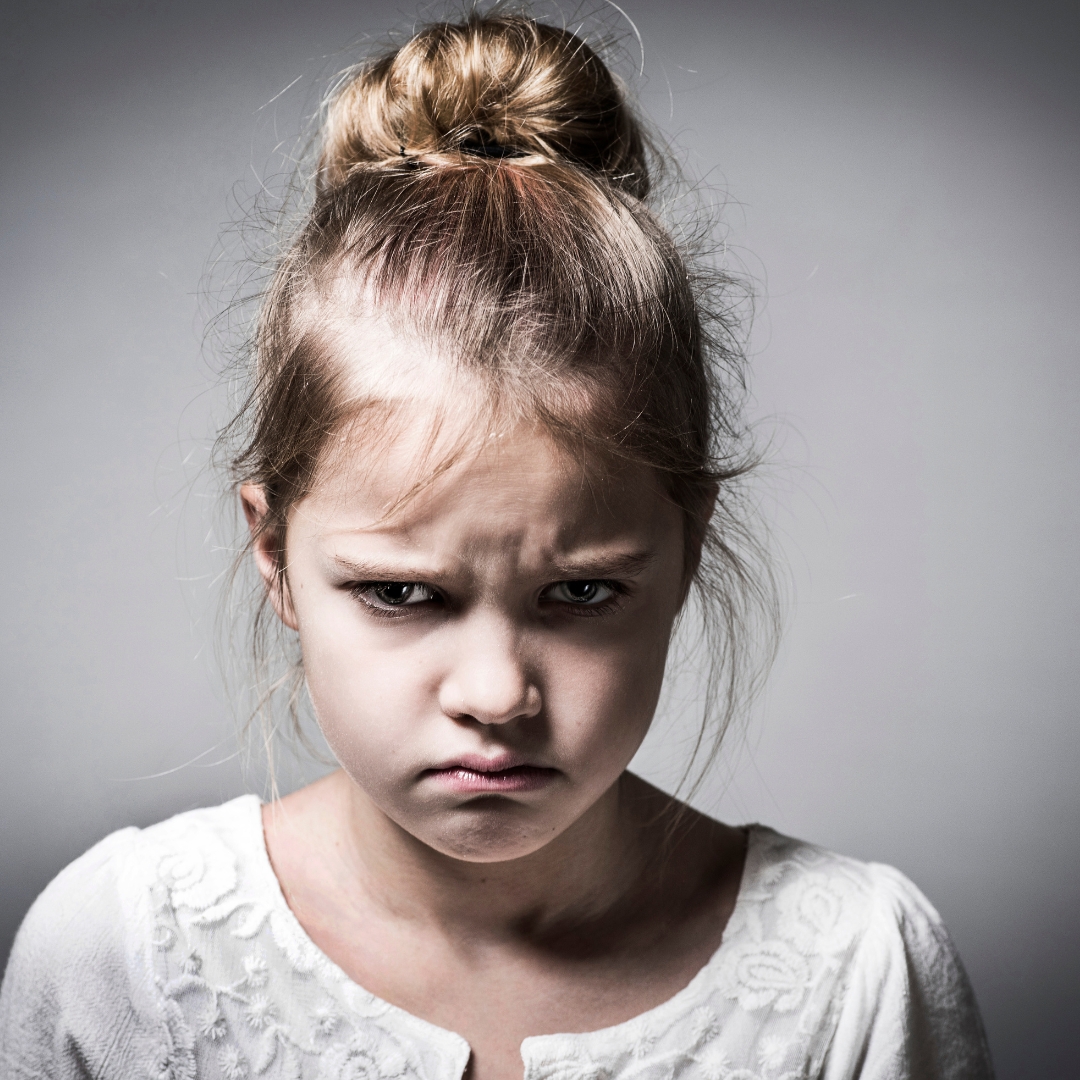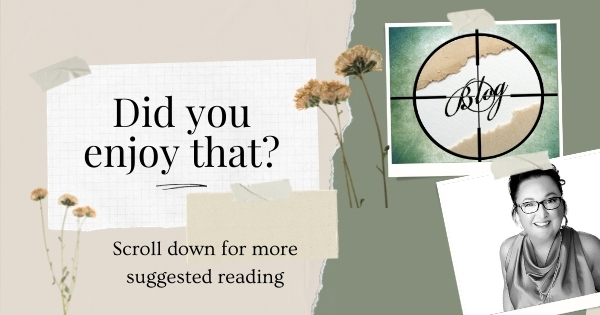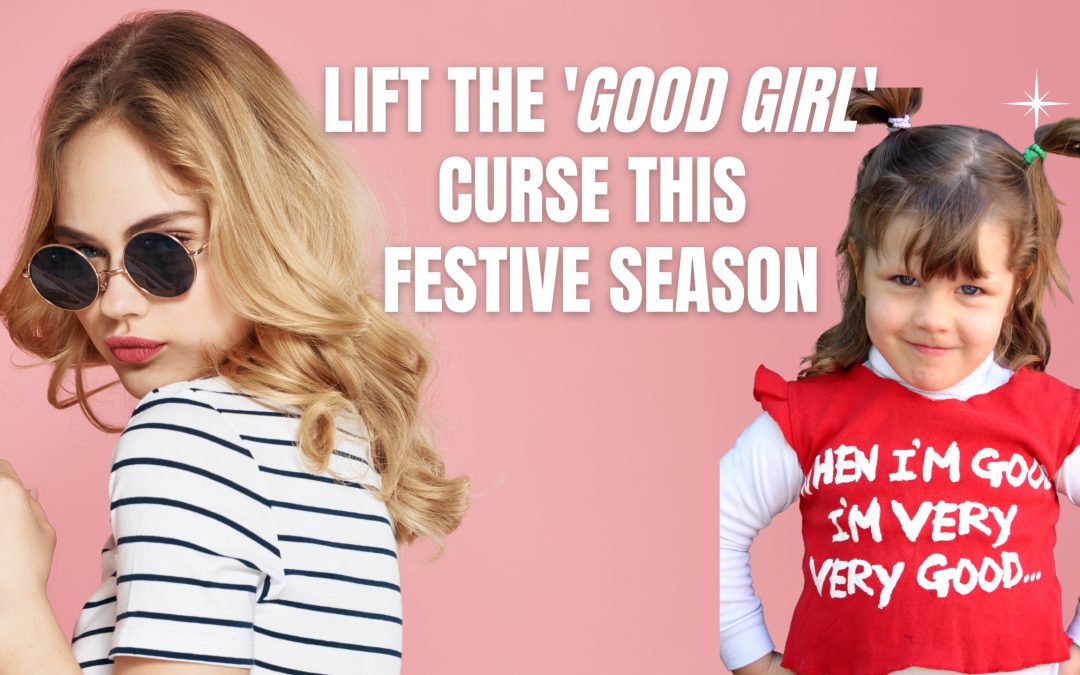You can be good to yourself first
As children, we are often exposed to a parenting style that has been passed down through generations. It’s fundamentally a societal shame.
The behaviour pattern creates a structure around a false belief that the parent is in charge, is the boss, is the only one to have an opinion, needs or emotions that need to be met.
In a recent Instagram post, Dr Nicole LePera (@the.holistic.psychologist), the “good girl” conditioning we receive in childhood creates an expectation that we should be agreeable, pleasant, polite and nice.
Dr LePera continued that this taught behaviour incorporates a training that the child does not express their feelings, especially anger. The child is encouraged to surrender all boundaries – just think of having to have your photo with Santa or hugging pervy old uncle Arthur at the family gathering.
The good child is also advised to hide their needs.
When a person parents with this behavioural style, the expected result is a good child. The actual outcome is a traumatised child who constantly seeks conditional love, in an attempt to heal a massive emotional wound.
From the child’s perspective, this consistent treatment creates a wound which contains low self worth, low self esteem and a sabotaging behavioural pattern of never feeling good enough.
The rigid parent instructs (who is a good child themself), teaches and actively guides their child to behave in a certain way – especially when out in public.
We are told that our behaviour is an extension of our parents capability of controlling us, which in turn apparently validates their role as a good parent.
What actually happens is the child becomes a super pleaser. They don’t know how to face their emotions because they are always too busy helping everyone else.
We are told as children, that if we aren’t good we don’t make the nice list – and it’s inferred that we are bad. The threat of santa not visiting is enormous to a child and the ultimate punishment.
A good girl grows up with the understanding that a good person doesn’t speak up, share their opinion or behave in a certain way
Dr LePera suggests that this type of good girl is referenced as ‘mature for their age’.
However the sacrificing of your needs for others, sets up life long patterns of sacrifice, whereby you feel guilty as the adult for doing anything for yourself.

This leaves the adult completely incapacitated to respond when triggered. The result is activated anxiety, an inability to express self clearly, and automated emotional dysregulation. And it stems back to when you were forced to ignore your feelings about that drunk uncle as a kid, and embrace that person because it would look like you’re being rude.
The result of being a good girl is that you crave being liked, because this is the behaviour that has been reinforced as a child – do what it takes to fit in and be accepted.
The child is warned “don’t rock the boat”, and the message is well received – act out at your own peril.
That warning is the actual curse for the child – a silent threat of consequences.
This subconscious need for approval, fitting in and being liked becomes a hypervigilance of approval seeking.
Lepera states that the good girl doesn’t learn vital interpersonal skills like expression of needs, creation and enforcement of boundaries, or conflict resolution.
This need to suppress all the emotions creates a cauldron of unresolved, unexpressed emotions that simmer away, just ready to explode out like a volcano erupting.
Here’s the thing, denying the expression of the feelings, especially publicly with a side dish of shame creates two things.
Firstly, it generates fear. Fear to let go, fear of being judged, and fear of the unknown. All of this crap creates the disillusion that we aren’t authentic if we tap into our feelings bucket.
Secondly, if you decide to siphon off the feelings bucket, it has to be done in a controlled way or you are no longer good or there is something wrong with you.
I am reminded of Regina Brett’s quote – “What other people think of you is none of your business.” Another person’s response to you is their stuff.
If you’ve been raised by a good girl, then you haven’t been taught to connect with your own emotional response. Y ou’ve been taught to shove those feelings down into a deep dark abyss.
Modern psychology now understands that raising children as a good girl isn’t mirroring the resilience skills required to function adequately into adulthood – feeling secure within oneself.
Our role in life is to
- understand and connect to our emotions
- learn how to clearly express what we need and want
- install boundaries or limits to ensure our safety.
Lepera offers up some gems of wisdom of how to heal this good girl wound through unlearning the patterns.
1. Recognise your emotional limits
The young good girl may have learnt that when you’re emotional your parent(s) react negatively. This may have lead to harsh punishment, rejection or the silent treatment.
This develops the hypervigilance pattern and fear of saying the wrong thing, getting it wrong and fear of failure.
It’s ok to to speak your truth. If this upsets another, their reaction is their stuff, not yours. You don’t have to pick it up and become responsible.
Know that if someone is upset, they can adult and express their feelings. If the other party doesn’t communicate – that’s ok too. It means you no longer have to search for clues.

2. Know your needs
Lepera states that the young good girl learns through repeated experience that their needs don’t matter. Learning to say / not say something or behave in a certain way to be polite, or not appear rude will over ride the discomfort of hugging the drunk uncle.
The key here is to connect into those bodily feelings and initial thoughts. Even a ten second breath or not responding out aloud, but acknowledging what you’re thinking and feeling starts the process.
Practicising the pause and reverse the swirling stress are two techniques which enable you to connect into what you’re needing.
3. Install and maintain boundaries
I cringed reading Lepera’s statement that most good girls have their boundaries violated. They key is learning to say no without the guilt, apology or guilt.
Here’s some examples:
- “I’m not available at that time”
- “I’m not comfortable with that”
- “I’m not seeking feedback right now”
- “no thanks”

4. Accept you aren’t for everyone
Not everyone will agree, understand or get your vibe. This doesn’t mean you’ve done something wrong – like it was when your parent didn’t approve of you doing something as a child.
People moving in their own path is simply an indication that you’re individual and doing your own thing.
Conclusion
Being raised a good girl can feel like a curse. But it’s just a behavioural habit. Habits can be changed.
The only person you really need to be good to and for – is you.

Want to read more like this?
This is My Roar – signed copies of my first published book can be purchased from this website.
Self Reflection – A little Look Within – click here
8 Hot Tips How To Journal – click here
Can You Risk Not Stepping Up To Mother yourself? – Click here
About Karen
Change Facilitator
Karen Humphries is a Kinesiology Practitioner, Health & Business Coach, LEAP & NES Practitioner, Intuitive Meditation Facilitator, and published author. She is a self-confessed laughaholic. She loves being of service to the world with her humorous and positive approach to life, encouraging people to ‘choose to change and bloom from within.’


